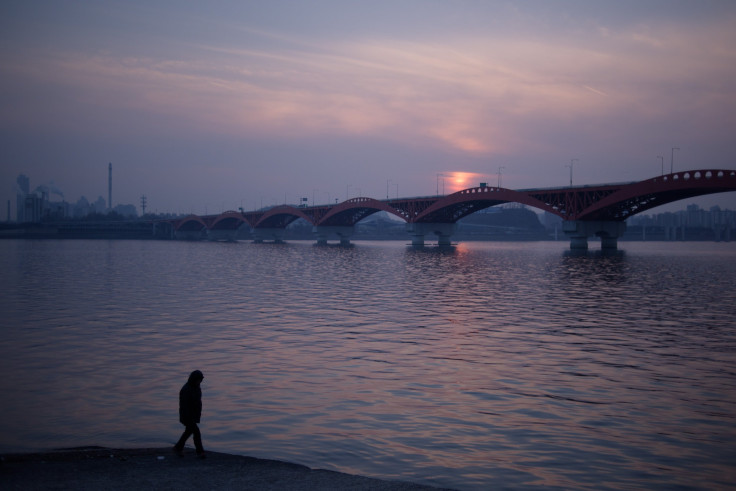Seoul's Water Free From Radioactive Materials After North Korea's Nuclear Test Claims

Seoul’s metropolitan government said Tuesday that it had not found any radioactive elements in the water supply serving the 10 million residents of the South Korean capital, after North Korea claimed earlier this month that it successfully tested a hydrogen bomb. The announcement was condemned worldwide, including by South Korea, which also called on global powers to take strong action against the Kim Jong Un regime.
Seoul's water department tested for radioactive materials such as Cesium-134 by collecting water from four facilities on the Han River between Jan. 6 and Jan. 12. The government also took samples from two other water purification plants in the city, which are the sole sources of tap water to Seoul, Yonhap reported. Earlier this month, South Korea's nuclear safety agency said that it had detected the presence of a small amount of xenon gas after North Korea's nuclear test claim.
Although Seoul’s government reportedly said that it has not found any radioactive elements in tap and bottled water during its tests since 2012, the Yonhap report said, citing another official, that the city will now test for the presence of more elements, including for lead-124 and uranium-238.
Pyongyang's claim of a hydrogen bomb test has been contested by experts, who say that the impact of the test was not as large as it should have been if a hydrogen bomb was tested.
South Korea is currently urging China, which is Pyongyang’s strongest ally, as well as the U.S. and the U.N., to implement tougher sanctions against North Korea to discourage it from similar tests in the future.
© Copyright IBTimes 2025. All rights reserved.






















